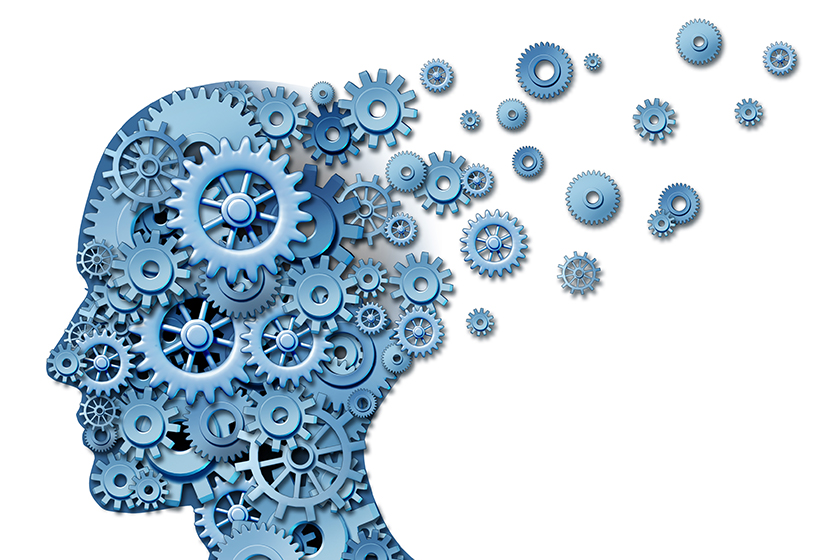Dementia is a significant health issue affecting many individuals as they age. The early signs can be subtle and often get mistaken for typical age-related changes. However, asking the right dementia test questions can help in the early identification of this condition, which is critical for optimal management and care planning.
Early Warning Signs of Dementia
Recognizing the early warning signs of dementia is crucial for early intervention. These may include memory loss that implicates daily life, difficulties in planning or resolving issues, challenged in completing familiar tasks, confusion with time or place, and changes in mood or personality. If you notice these changes in yourself or a loved one, it may be beneficial to seek professional advice.
Dementia Test Questions
To help you gauge if it’s time to reach out to a healthcare professional, consider these test questions designed to identify potential cognitive changes associated with dementia:
- Do you find it hard to recall recent conversations or events?
- Have you noticed difficulties managing finances, such as balancing a checkbook or paying bills?
- Are routine tasks like cooking or shopping becoming challenging?
- Do you often forget the day of the week or the date?
- Have you noticed any changes in your ability to communicate, such as struggling to find the right words?
Answering yes to these questions doesn’t necessarily mean dementia is present, but it’s worth discussing with a healthcare professional.
The Importance of Medical Evaluation
If you’ve noticed memory or cognitive changes in yourself or a loved one, it’s important not to jump to conclusions. These symptoms can be caused by a variety of conditions, many of which are treatable. Therefore, a thorough medical evaluation is necessary to determine the cause and the most appropriate treatment approach.
Staying Engaged in the Community
Engaging in the community can play a vital role in managing dementia symptoms and improving quality of life. Community involvement provides opportunities for social interaction, mental stimulation, and physical activity, all of which are beneficial for individuals with dementia.
Importance of Support and Care
Receiving a dementia diagnosis can be overwhelming. It’s crucial to remember that help and support are available. If needed, consider exploring local resources such as support groups, community services, or even a transition to an assisted living community specializing in memory care.
The Role of Health Care Professionals
Health care professionals play an essential role in diagnosing and managing dementia. They are equipped with the tools and knowledge to assess cognitive changes accurately. Through medical examinations, cognitive assessments, and sometimes neuroimaging, they can differentiate dementia from other conditions that may cause similar symptoms, such as depression or vitamin deficiencies.
Recognizing Signs of Dementia
Recognizing the signs of dementia early on can significantly influence the course of the disease. Using dementia test questions can be a practical step toward identifying these signs and prompting a necessary medical evaluation. Regardless of the outcome, know that support, care, and community resources are available to help maintain a high quality of life.







